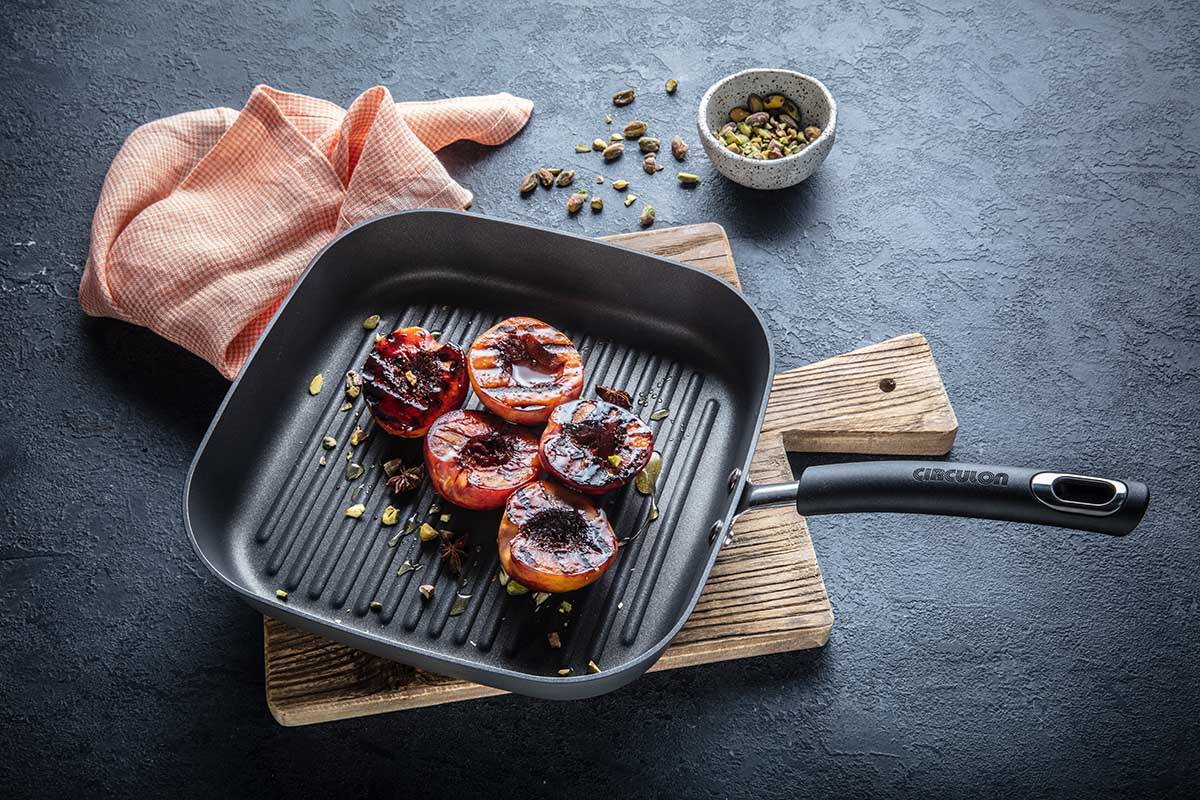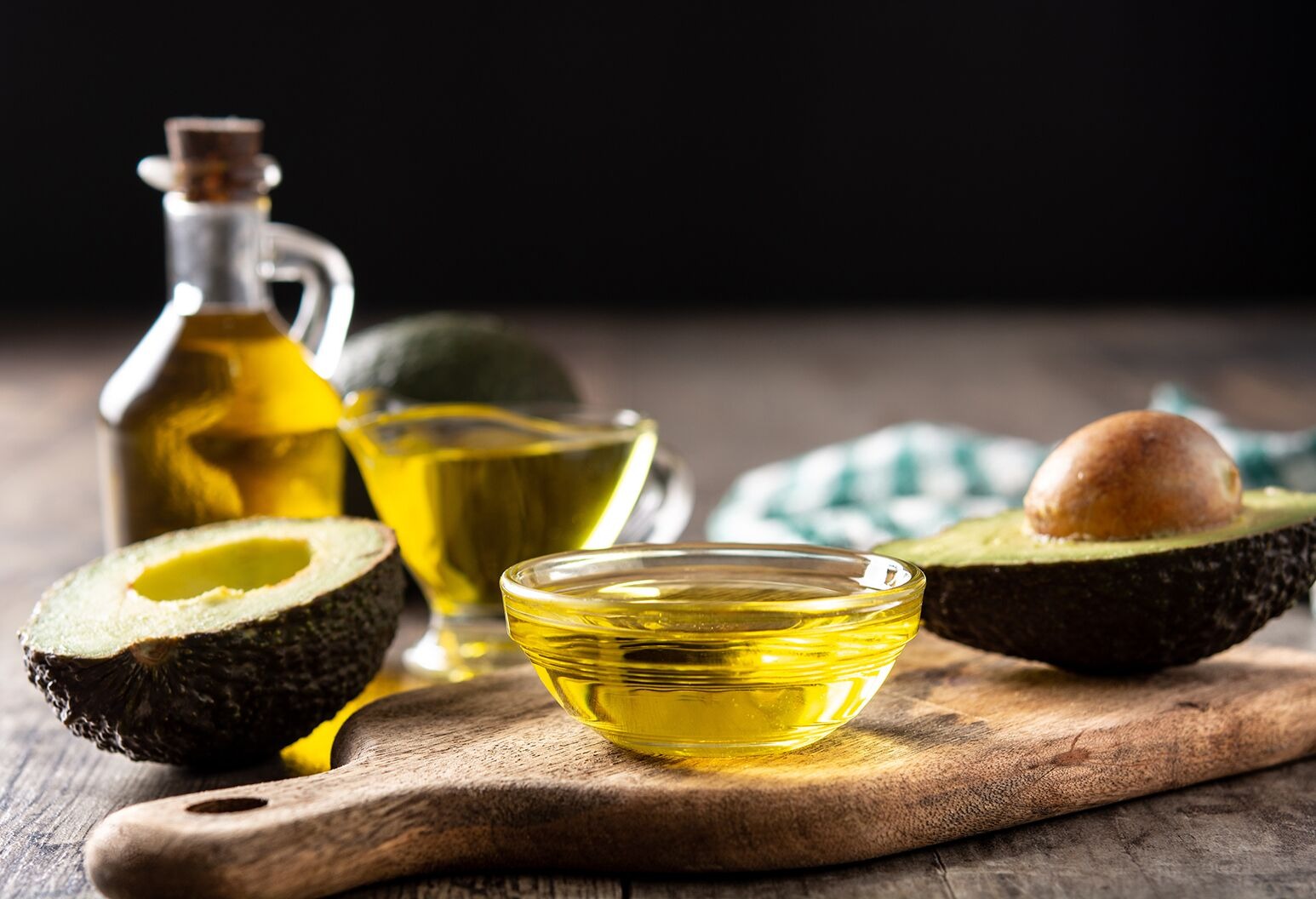If you've ever wondered how to make coconut oil at home, you're in the right place! Coconut oil is one of the most versatile and celebrated oils used in cooking, skincare, and hair care. Making it at home not only ensures purity but also offers cost savings and a fun, DIY activity. This comprehensive guide will take you through each step of the process to ensure you achieve the best results.

Why Make Coconut Oil at Home?
There are several compelling reasons to make coconut oil at home. First, homemade coconut oil is free from additives and preservatives often found in commercial products. Second, it's more affordable in the long run. Third, the process allows you to have complete control over the quality of the oil you produce.

The Benefits of Coconut Oil
Health Benefits
Coconut oil is rich in medium-chain triglycerides (MCTs), which are known to boost energy levels and promote fat loss. It's also anti-inflammatory, antibacterial, and antifungal, making it a fantastic addition to your diet and wellness routine.
Skin and Hair Benefits
Coconut oil is an excellent natural moisturizer. It hydrates the skin and can also be used as a natural conditioner for hair. Rich in Vitamin E, it is known to improve skin health and luster.

Ingredients and Equipment
Before you get started, gather the following ingredients and equipment. This will make the process smoother and more enjoyable.
Ingredients
- Fresh coconuts (3-4 medium-sized)
- Water (as needed)
Equipment
- Grater or Food Processor
- Cheesecloth or Nut Milk Bag
- Large bowl
- Stove and pot for heating
- Glass jar for storage

Step-by-Step Guide to Making Coconut Oil
Step 1: Crack Open the Coconuts
The first step in how to make coconut oil is to crack open the coconuts. Use a hammer or a heavy knife to split the coconuts open. Be cautious while doing this to avoid injury.
Step 2: Grate the Coconut Meat
Next, grate the coconut meat using a grater or a food processor. The finer the grate, the easier it will be to extract the milk.
Step 3: Extract the Coconut Milk
Place the grated coconut in a large bowl and add warm water. Let it sit for a few minutes to soften. Then, use your hands to knead the mixture, which helps release the milk from the meat. Use a cheesecloth or nut milk bag to strain the milk into another bowl.
Step 4: Heat the Coconut Milk
Transfer the coconut milk to a pot and heat it on medium-low. Stir continuously to prevent it from burning. You'll notice that the oil starts to separate from the milk. This process can take up to an hour.
Step 5: Separate the Oil
Once you notice a clear separation, remove the pot from the heat. Let it cool down. The oil will rise to the top, making it easier to ladle into a glass jar for storage.
Step 6: Store the Coconut Oil
Store your homemade coconut oil in a glass jar. It will last for several months if kept in a cool, dark place. Alternatively, you can refrigerate it for longer shelf life.
Frequently Asked Questions
1. How long does homemade coconut oil last?
Homemade coconut oil can last up to 6 months if stored properly in a cool, dark place. Refrigeration can extend its shelf life further.
2. Can I use dried coconut to make coconut oil?
Yes, dried coconut can be used to make coconut oil. However, fresh coconut is recommended for the best quality and flavor.
3. Is homemade coconut oil better than store-bought?
Homemade coconut oil is often purer and free from additives and preservatives. This makes it a healthier choice compared to some store-bought options.
As an Amazon Associate, I earn from qualifying purchases.
If you're interested in learning about more DIY food projects, check out this almond milk recipe or our guide on homemade yogurt. For tips on maintaining a clean kitchen while you're at it, visit cleaning tile floors.





Leave a comment
This site is protected by hCaptcha and the hCaptcha Privacy Policy and Terms of Service apply.